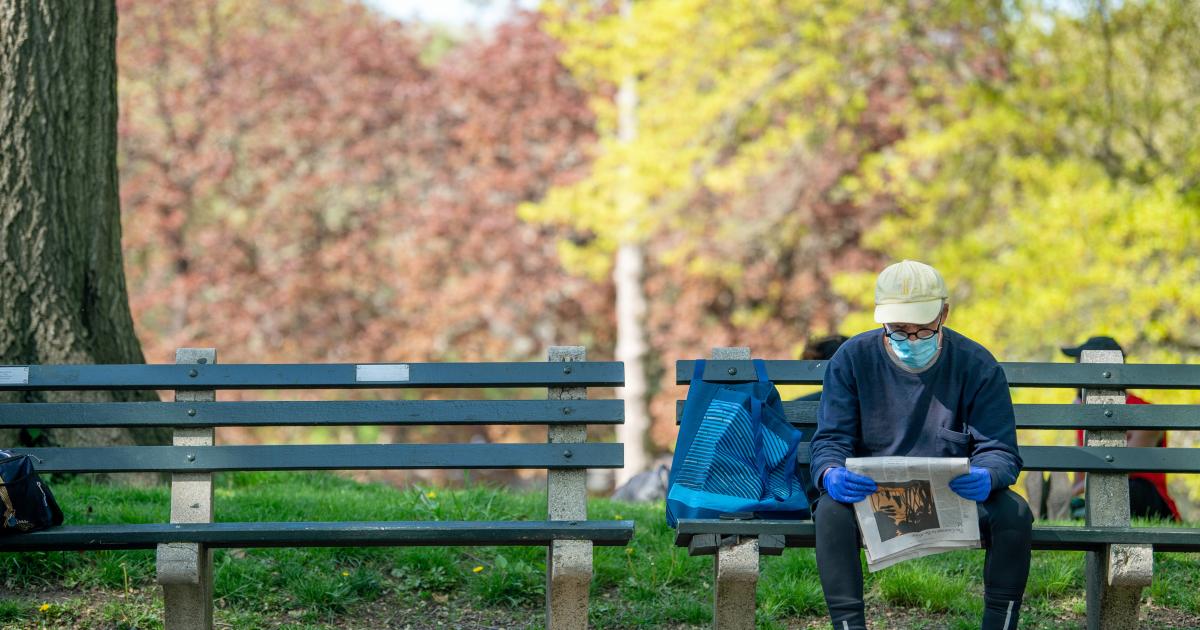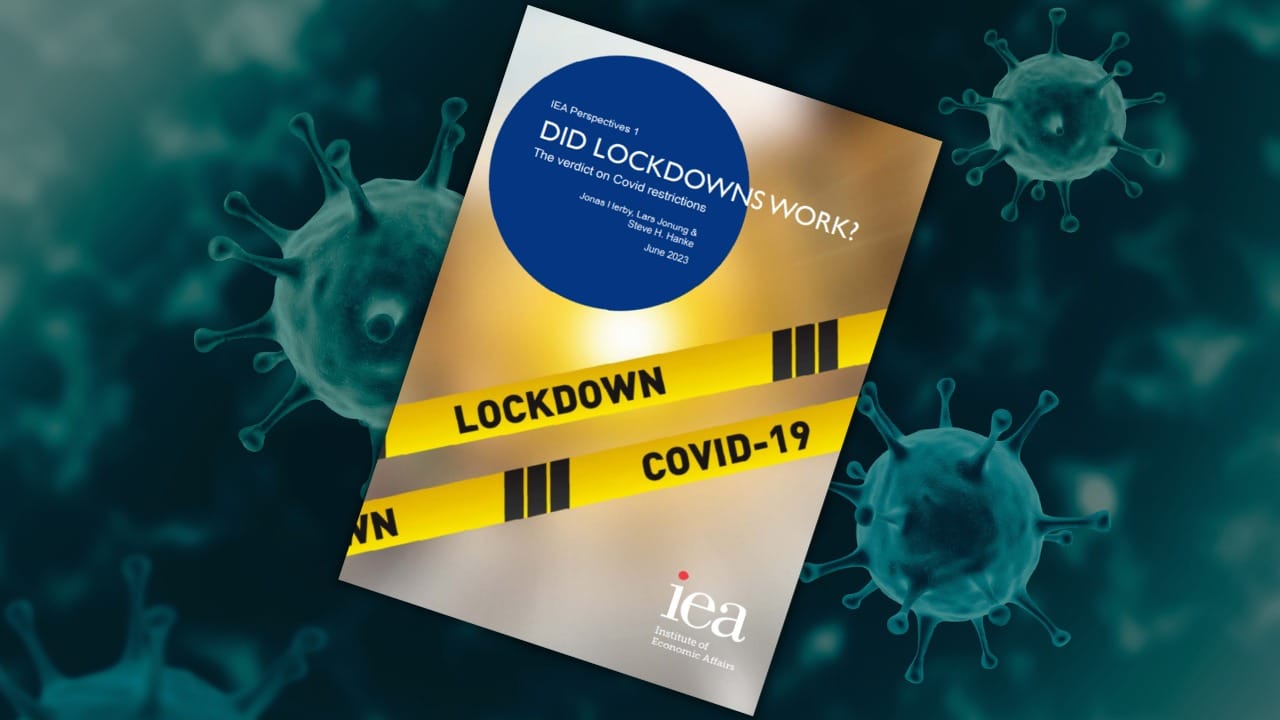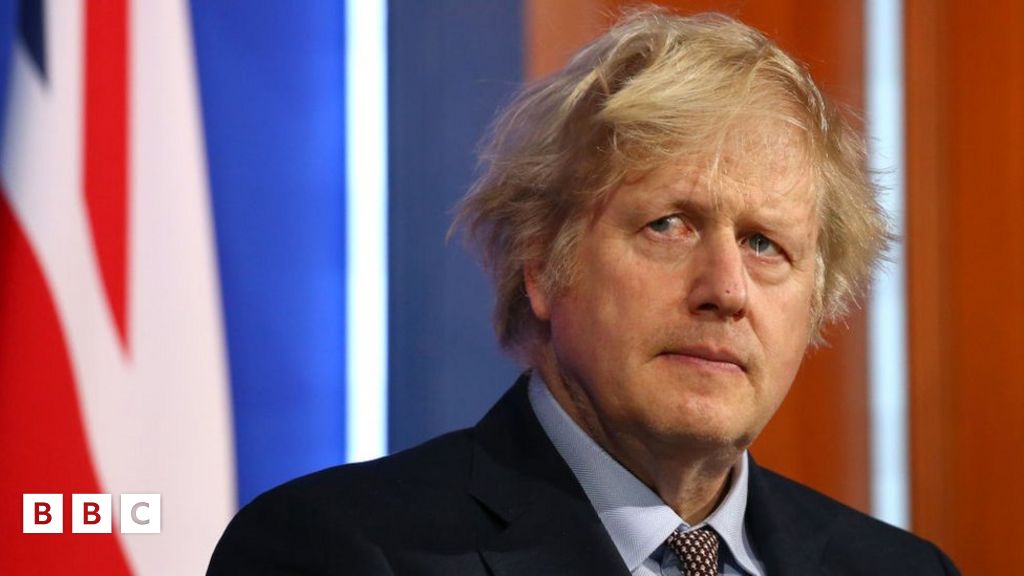Docb
Moderator
- Relationship to Diabetes
- Type 2
Hi Docb,
Well docb; put an end to all these ramblings, show us all the evidence for locking us all in and destroying the country, the nhs and the economy.
Where were all the recorded excess deaths (for this deadly pandemic) in the UK prior to locking us all down (and emptying the elderly out of hospitals and telling us all to stay at home) on 21 March 2020? See graph attached. Do you have contrary uk data showing why they locked the country down?
The only point i would make in response is to say that I am not going to indulge in throwing in random graphs culled from the internet because they support whatever view I might have - the very thing that I have been suggesting is not helpful.
I would remind you that I have not expressed any opinion on the matters you have raised. I have my thoughts but have kept them to myself because I have no particular expertise in the subject and as I have said, neither the time or the inclination to do the work needed to examine the issue to in order to offer anything constructive.
I don't know if you have ever been involved in decision making on tricky subjects with implications for the nation's well-being. I have, and I can assure you that such decisions are not taken lightly.









